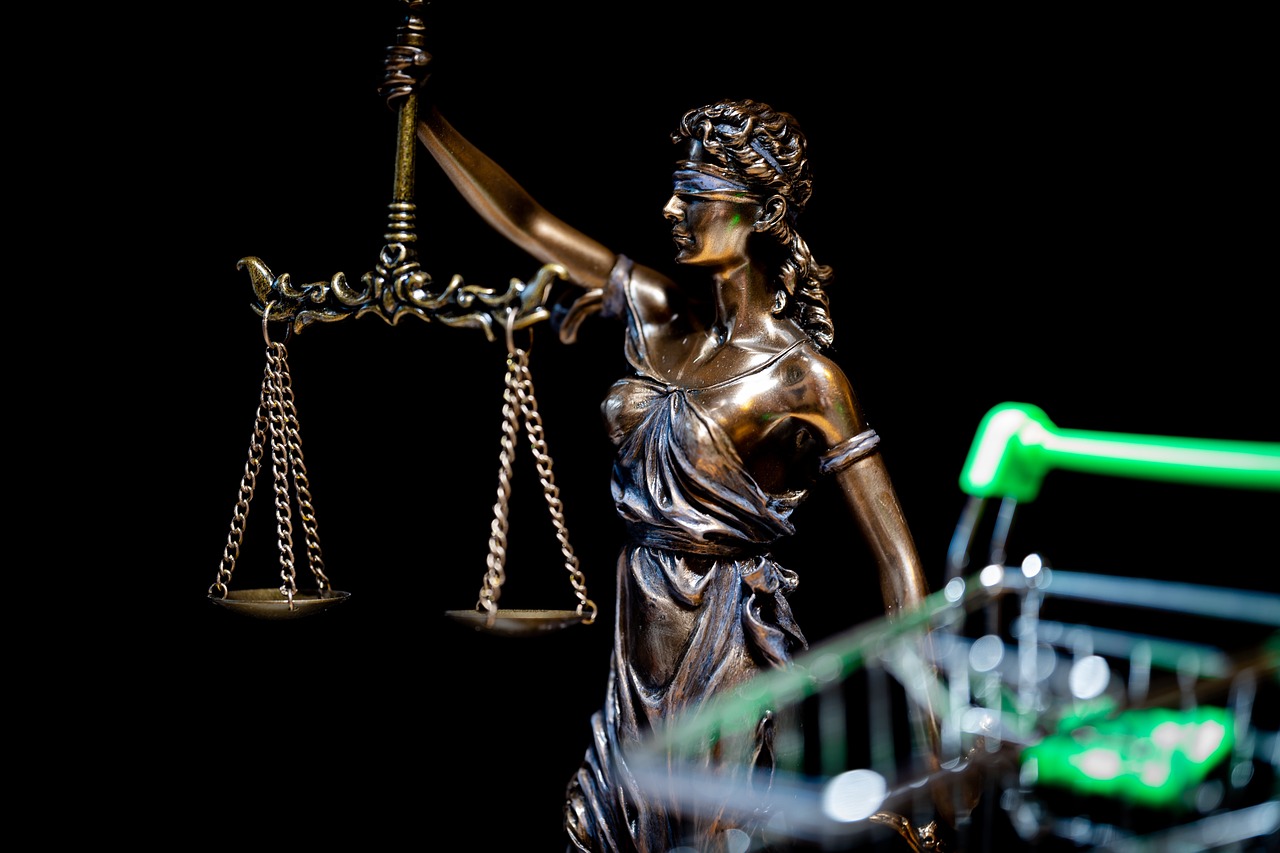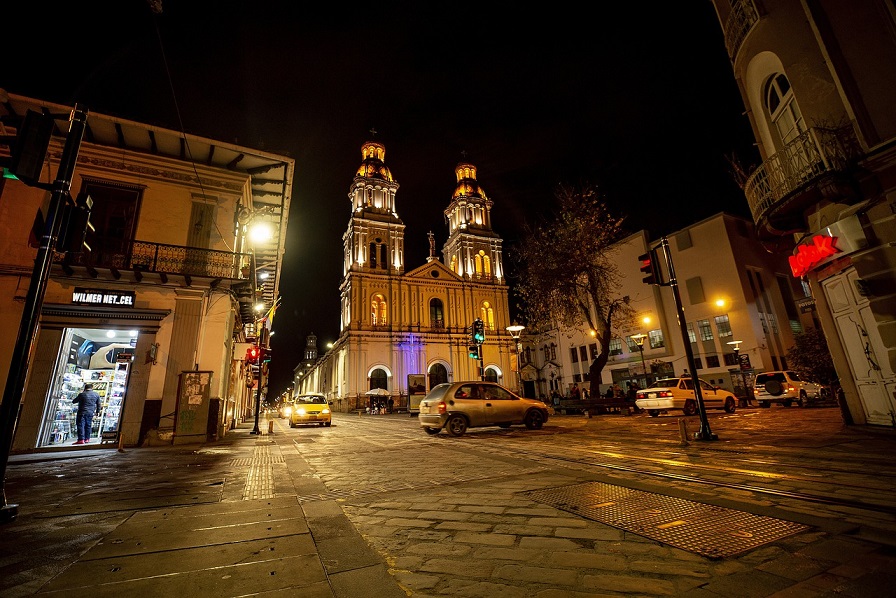Last week, intellectuals, artists and politicians from several countries released a letter calling for the immediate release of Ecuador’s former vice-president, Jorge Glas, who has been imprisoned for more than a month after being forcibly removed from the Mexican embassy in Ecuador.
 The invasion of Mexican territory was aimed at the kidnapping of Glas, who has been under judicial and political persecution for seven years and who was in asylum in that diplomatic headquarters, says the letter, which has the backing of more than 150 signatures. Among those who support this message are former presidents Alberto Fernández of Argentina, Ernesto Samper of Colombia, Evo Morales of Bolivia, Rafael Correa of Ecuador and José Luis Rodríguez Zapatero of Spain.
The invasion of Mexican territory was aimed at the kidnapping of Glas, who has been under judicial and political persecution for seven years and who was in asylum in that diplomatic headquarters, says the letter, which has the backing of more than 150 signatures. Among those who support this message are former presidents Alberto Fernández of Argentina, Ernesto Samper of Colombia, Evo Morales of Bolivia, Rafael Correa of Ecuador and José Luis Rodríguez Zapatero of Spain.
They were joined by Nobel Peace Prize winner Adolfo Pérez Esquivel, Cuban troubadour Silvio Rodríguez, the executive secretary of the Bolivarian Alliance for the Peoples of Our America (ALBA-TCP), Jorge Arreaza, among other personalities from Ecuador, the United States, Spain, Argentina, Bolivia, Brazil, Colombia, Peru, Chile, Paraguay and Cuba.
“We demand the immediate return to the situation prior to the assault on the Mexican embassy, restoring Jorge Glas’ political asylum status”, they claim in the text, in which they ask that the former Ecuadorian official be granted the corresponding safe-conduct to travel “safe and sound” to Mexican territory.
 On 5 April, members of the National Police stormed the Mexican embassy in Quito and took Glas by force, an intervention condemned by the international community and which led to the severing of diplomatic relations between the two countries.
On 5 April, members of the National Police stormed the Mexican embassy in Quito and took Glas by force, an intervention condemned by the international community and which led to the severing of diplomatic relations between the two countries.
Not even military dictatorships dared to perpetrate an aggression of this kind which, in this case, was instructed from the highest authority of the state, said the letter, in which they add that Glas was the victim of torture, cruel, inhuman and degrading treatment.
On 12 April, a court of the National Court of Justice ruled that his detention was “illegal and arbitrary”, but still decided that he should remain behind bars because he has an eight-year sentence pending. In response, Mexico accused Ecuador before the ICJ, which last week heard arguments from both sides.
In its defence before the ICJ, the Ecuadorian government tried to justify its violent entry into the embassy by arguing that it was an exceptional case and that the political asylum granted to Glas is illegal, as he has been convicted of common crimes.
 However, Mexico considers him a persecuted person and claims that Daniel Noboa’s government violated the Vienna Convention’s article on the inviolability of diplomatic headquarters.
However, Mexico considers him a persecuted person and claims that Daniel Noboa’s government violated the Vienna Convention’s article on the inviolability of diplomatic headquarters.
Constitutional lawyer Jorge Sosa said that Ecuador’s defence before the ICJ dusted off old arguments from the last century that were already rejected in 1951 by the same Court.
The South American nation also filed a lawsuit against Mexico at the ICJ last week in which it defends its unwarranted entry into the embassy in Quito to arrest Glas, who has been convicted of alleged corruption. The Lawfare Observatory published a report a few days ago in which it highlights the role of some media and political sectors with funding from US government institutions to initiate judicial proceedings against leaders who are uncomfortable with their ideologies. PL
(Translated by Cristina Popa – Email: gcpopa83@gmail.com) – Photos: Pixabay












.jpg)












